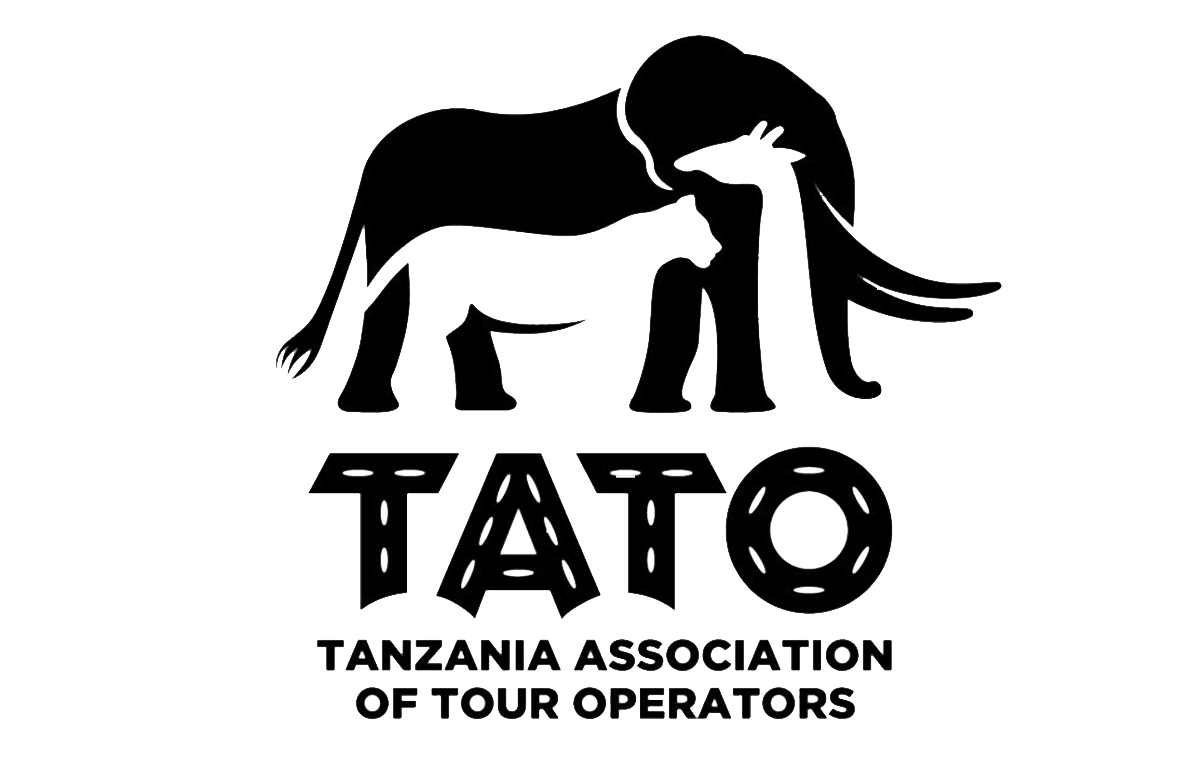Serengeti De-Snaring Program: A Powerful Alliance Protecting Tanzania’s Wildlife Heritage
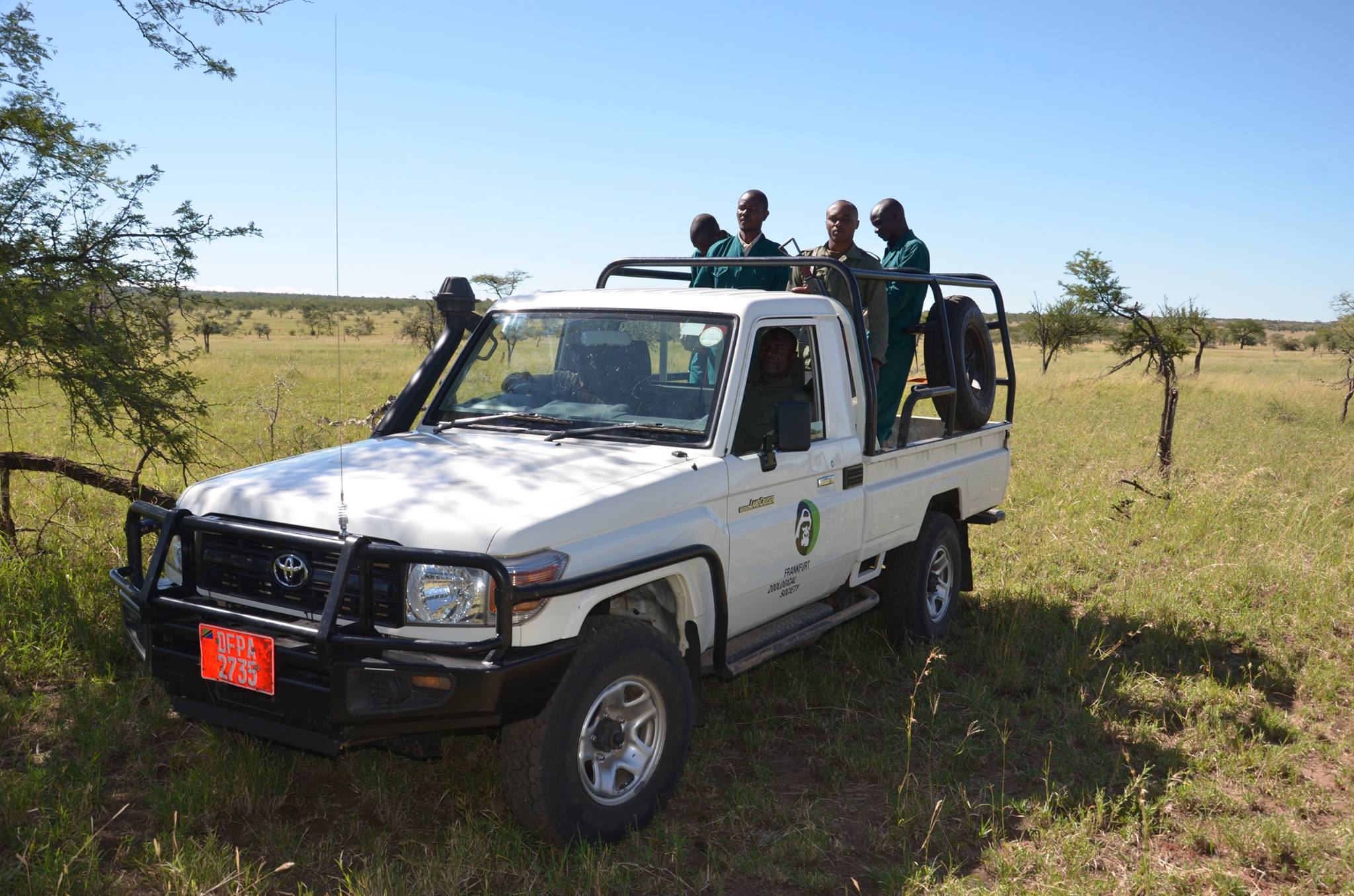
In the heart of Africa’s most iconic wilderness, a quiet yet powerful movement is unfolding, one that reflects Tanzania’s enduring commitment to conservation, collaboration, and coexistence. Known as the Serengeti De-Snaring Program, this initiative has become a beacon of partnership and purpose, led by the Frankfurt Zoological Society (FZS) in close collaboration with the Tanzania National Parks Authority (TANAPA) and the Tanzania Association of Tour Operators (TATO).
Supported by the Lion Recovery Fund (LRF) and numerous private sector donors, the program is making remarkable strides in protecting wildlife from one of the most silent yet devastating threats, wire snares.
A Shared Vision for Conservation
Launched in April 2017, the Serengeti De-Snaring Program was born out of a shared realization: that poaching, especially through snaring, was quietly destroying wildlife populations across the Greater Serengeti Ecosystem — an area almost the size of Belgium.
The initiative unites Serengeti National Park (SENAPA), FZS, and TATO under one powerful mission to remove snares, rehabilitate ecosystems, and provide alternative livelihoods to former poachers. What makes this effort unique is its approach: blending scientific conservation methods with community engagement and the deep bush knowledge of ex-poachers themselves.
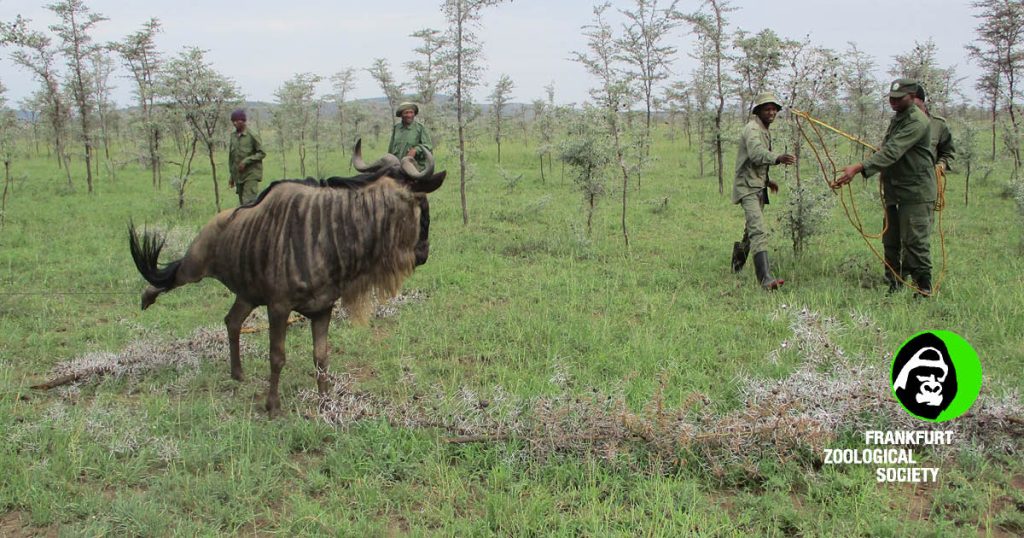
How the Serengeti Serengeti De-Snaring Program Works
Each Serengeti De-Snaring Program team consists of nine members, including two TANAPA rangers, six community members (mostly ex-poachers), and one FZS driver. They embark on 14-day patrols, camping deep in the bush, tirelessly searching for and removing snares before they can claim another life.
These snares — often made from steel wire beading in old truck tyres or electric pole cables, are set to trap wildlife indiscriminately. Once caught, animals such as wildebeest, zebras, and even predators often suffer slow deaths or injuries.
But since 2017, the results have been extraordinary:
- Over 109,000 snares removed from the Serengeti ecosystem.
- More than 1,600 wild animals freed alive, including zebras, wildebeest, and other large mammals.
- Thousands of lives saved every year through timely interventions.
The Role of TATO and the Private Sector
TATO’s role in the Serengeti De-Snaring Program has been pivotal. By mobilizing its members, tour operators and investors in the tourism value chain, the association ensures that conservation is not just a government or NGO responsibility but a shared national mission.
Through its “One Dollar for Conservation” model, TATO encourages member companies to contribute $1 per guest bed night to support the Serengeti De-Snaring Project teams. These contributions directly fund vehicle operations, ranger patrols, logistics, and equipment needed for anti-poaching efforts.
Thanks to this partnership, donations from TATO members and affiliated tour companies exceeded $62,000 in 2025, complementing the $93,985 raised in 2024. Notable contributors include:
- Tanganyika Wilderness Camps
- Nasikia Tanzania Ltd
- Nomad Tanzania
- Air Excel Ltd
- Maasai Wanderings Ltd
- Kearsley Tanzania Ltd
- Good Safari Arusha Villa Ltd
- The Maps Edge Ltd
- Asilia Giving Ltd
This collaborative approach highlights how the tourism industry, the very sector that benefits from a thriving Serengeti, plays an essential role in protecting its natural foundation.
Conservation Through Collaboration
The success of the Serengeti De-Snaring Program is rooted in cooperation. TANAPA provides the law enforcement mandate, FZS ensures logistical and technical expertise, and TATO bridges the gap between conservation and commerce.
Each removed snare is not just a metal wire, it represents a life saved, a family of animals preserved, and a reminder that collective action works.
As Dr. Masegeri Rurai from FZS emphasizes, “This is about more than removing snares. It’s about building trust between communities and conservationists, transforming former poachers into protectors of the same wildlife they once hunted.”
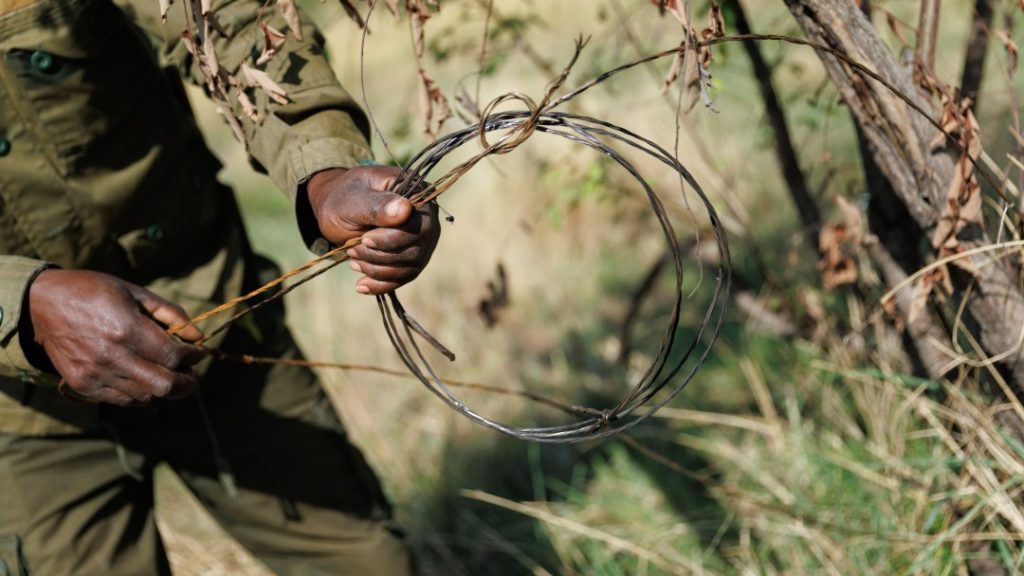
Honoring Nyerere’s Legacy: “Serengeti Shall Not Die”
The program also embodies the vision of Mwalimu Julius K. Nyerere, whose Arusha Declaration of 1961 underscored Tanzania’s moral duty to safeguard wildlife for future generations. His words still resonate:
“The survival of our wildlife is a matter of grave concern to all of us in Africa. These wild creatures amid the wild places they inhabit are not only important as a source of wonder and inspiration but are an integral part of our natural resources and our future livelihood and well-being.”
Through initiatives like the De-Snaring Program, Tanzania honors this vision, ensuring that the Serengeti Shall Not Die, as immortalized in the 1959 documentary by Bernard and Michael Grzimek, the founders of FZS.
Beyond Snare Removal: A Holistic Approach
While removing snares is vital, FZS and TATO recognize that the long-term solution lies in community empowerment.
The program integrates Community Conservation Banks (CoCoBas) to support livelihood diversification, rangeland management, and human-wildlife conflict mitigation. By addressing the root causes of poaching, poverty and lack of opportunity, communities now find value in protecting wildlife rather than exploiting it.
Sustaining the Effort: The Call for Continued Support
Running four full-time teams and two seasonal patrol teams requires over TZS 450 million ($180,000) annually. Each team’s operation, including vehicle maintenance, rations, and field allowances, costs about TZS 93 million ($37,000) per year.
To sustain these efforts, continued support from donors, tour operators, and conservation partners is crucial. As the demand for eco-conscious tourism grows, every visitor to the Serengeti has the power to contribute, ensuring the park remains a living sanctuary for generations to come.
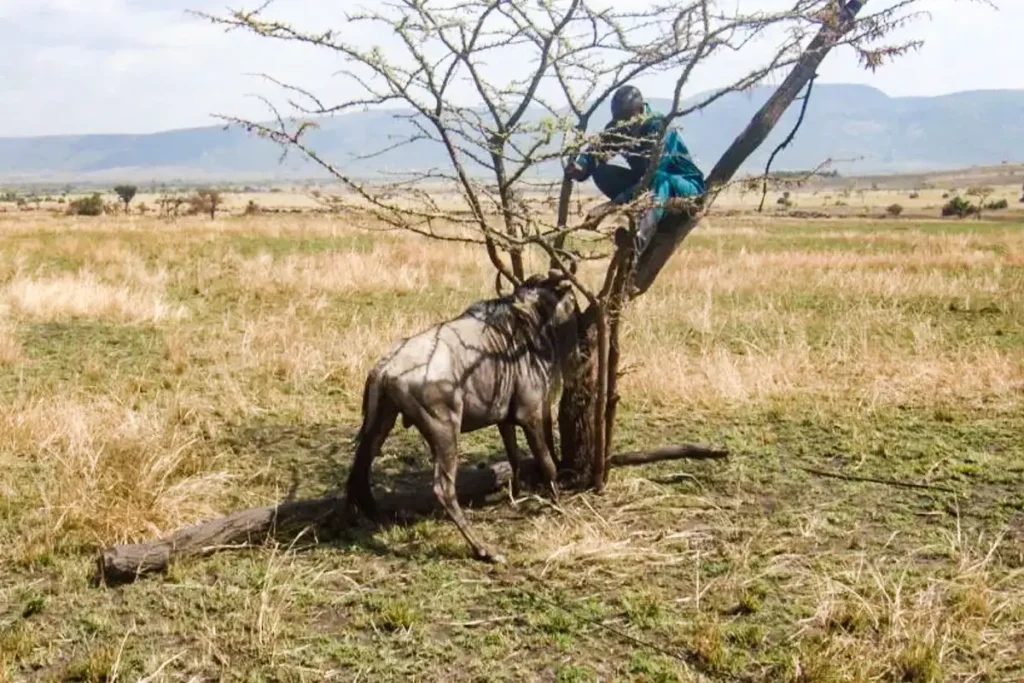
Looking Ahead
The Serengeti De-Snaring Program stands as a model of public-private partnership, where passion, policy, and purpose meet in the wild heart of Tanzania.
For TATO, it is yet another demonstration of how tourism and conservation are inseparably linked. Protecting the Serengeti not only secures biodiversity but also sustains livelihoods, strengthens Tanzania’s tourism brand, and upholds its global reputation as a leader in sustainable travel.
In the words of the program’s slogan: “Working together to honor Nyerere’s vision and protect our natural heritage for future generations.”
Support the Serengeti De-Snaring Programme
To donate or learn more, visit https://fzs.org/en/programs/tanzania/serengeti-national-park/de-snaring/
